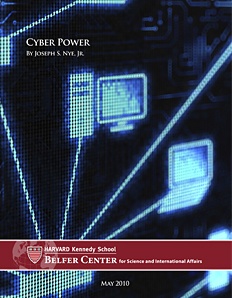Ladies and Gentlemen:
Attached is somewhat dated; you may or may not have seen. But the basic message almost certainly remains valid. For LTG Hughes' part, he was certainly part of the problem. At the time he retired out of DIA, 15 months or so before 9/11, one of the key operational support elements of his in-house HUMINT organization was commanded by an O-6 who was totally unqualified by temperament and background. This unfortunate situation was the product of an accommodation arrangement with one of the military Services which was short of O-6 command slots for, shall we say, an asshole geek
SOURCE REDACTED
LtGen Hughes (2001) “We Lacked the Will”
Phi Beta Iota: We don't have leaders. We have pandering clerks. What especially irritates us is how they get all holier than thou after retirement. There isn't a spine connected to a brain in the whole bunch. Intelligence is a mess–so is the political process, and the policy process simple does not exist, it has never recovered from Dick Cheney.
HUMAN INTELLIGENCE (HUMINT): All Humans, All Minds, All the Time (SSI, 2010)
ON INTELLIGENCE: Spies and Secrecy in an Open World (AFCEA, OSS, 2000)
See the rest of this web site for the 750+ people with integrity that got it right the first time.





